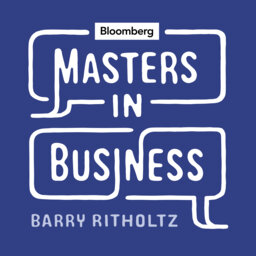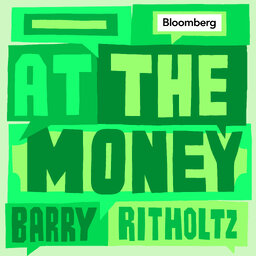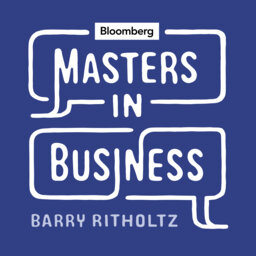Kara Swisher Discusses the Tech Industry
Bloomberg Opinion columnist Barry Ritholtz interviews influential tech journalist Kara Swisher. Swisher is the co-founder and editor-at-large of Recode, producer and host of the Recode Decode and Pivot podcasts, and co-executive producer of the Code Conference series. Prior to her work with Recode (now owned by Vox), she was at the Wall Street Journal, where she co-produced and co-hosted the “D: All Things Digital” tech conference.
In 1 playlist(s)
Masters in Business
Barry Ritholtz speaks with the people that shape markets, investing and business.Social links
Follow podcast
Recent clips

Financial Products for Hedging with Vest Co-Founder Jeff Chang
1:09:33

At The Money: Diversifying with Managed Futures ETFs
20:57

How AI Could Freeze Progress with Hilary Allen
1:11:26
 Masters in Business
Masters in Business